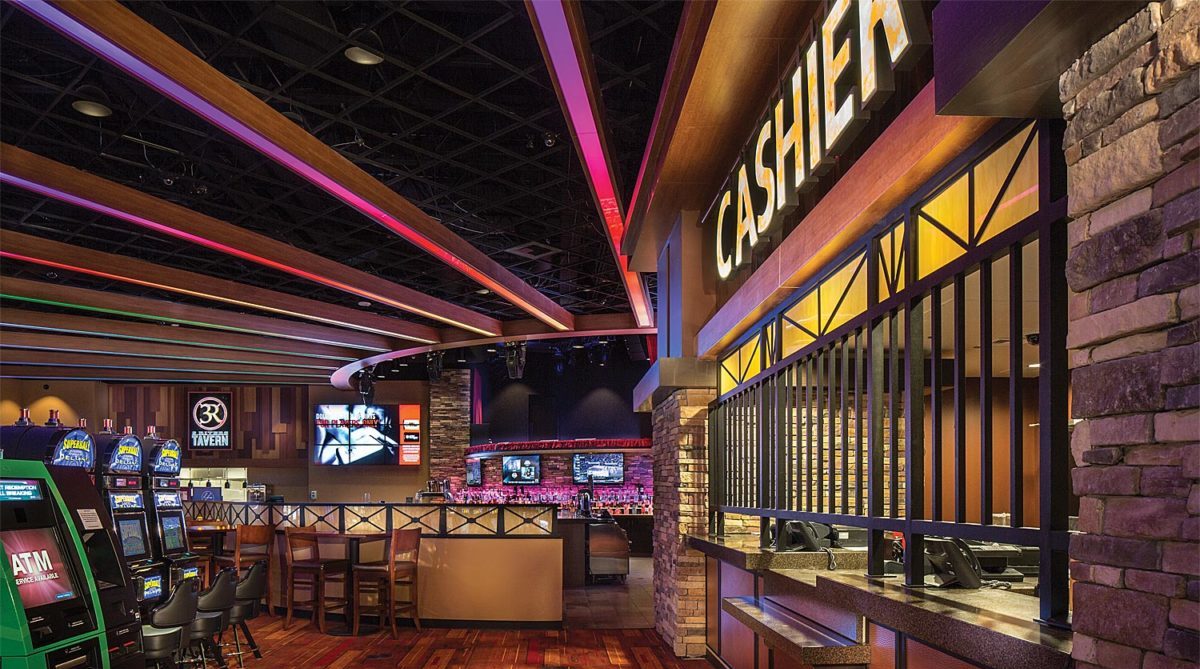Oklahoma’s casinos are mostly operated by Native American tribes and are big contributors to the state’s coffers. Things were working pretty well in the Sooner State until recently, when the state declared that all casino operators need to renew their licenses, which expire on Jan. 1, 2020.
The problem is that the tribes don’t think the same way. If you ask them, they will tell you that these licenses are automatically renewed, and that business continues as usual. In other words, they will continue to work according to the law and pay their taxes, which are very important for the state of Oklahoma.
The Governor of the state, Kevin Stitt, stated that all operators whose licenses expire soon would have to sign an extension, as that’s the way things work. However, the tribes don’t agree with the Governor, which could lead to potential problems very soon.
The Governor is actually ready to take action against the tribes if they refuse to abide by the rules proposed by the law. On the other hand, the tribes are really huge players in this game and have numerous connections on the federal level.
Moreover, they stick together, displaying immense collective power, which already proved rather useful in some other states. Therefore, the tribes could actually win this legal war against the Governor and the state of Oklahoma by referring to their connections.
However, that’s not the only weapon that they have hidden up their sleeves. Namely, they learned a lot of things from other casino-operating tribes from other US states, with Florida being one of them. Namely, the tribes in Florida had also undergone a legal argument with the state’s officials and refused to turn over revenue to the Sunshine State.
The State Needs More
The main reason why the Governor of Oklahoma wants the casinos to undergo the entire licensing process again is that he isn’t really content with the way the current tax system works with casinos in the state. Simply put, he wants casino operators to pay a higher tax.
At the moment, the tribes are paying approximately four to six percent of their total revenue to Oklahoma. The amount they need to pay mainly depends on the size of the property they operate, and some games even pay up to 10 percent for taxes.
However, the Governor has a new proposal and thinks that casinos need to pay at least 25 percent in taxes. Now, the jump from four percent to 25 percent is definitely not a small one, and tribal casinos are almost certainly not going to let that happen, no matter the cost.
When converted to numbers, we get a figure of $138.6 million that the tribal casinos paid in taxes in 2018. However, they earned a total of $2.3 billion during that period.
Looking at these numbers, the Governor concluded that the state is not in the best position at the moment and that it could increase taxes to receive more money from the casinos. Therefore, Gov. Statt now requires the casinos to sign a formal extension of the deal, which would mean that the taxes would change in the future.
Moreover, he claims that they would be in direct violation of the law should they refuse to pay what the Governor thinks they would owe to the state.
The tribes will almost certainly refuse to sign such a deal. Even if they do, that will lead to a whole series of legal battles that would cost both the tribes and the state a lot of money for legal fees.
It’s only natural that they both want to prevent such a thing, and the tribes were very clear when they said that they would be willing to discuss the revenue-sharing system and make something different together with the state. However, that would happen under one condition — that their licenses auto-renew at the start of the year.




